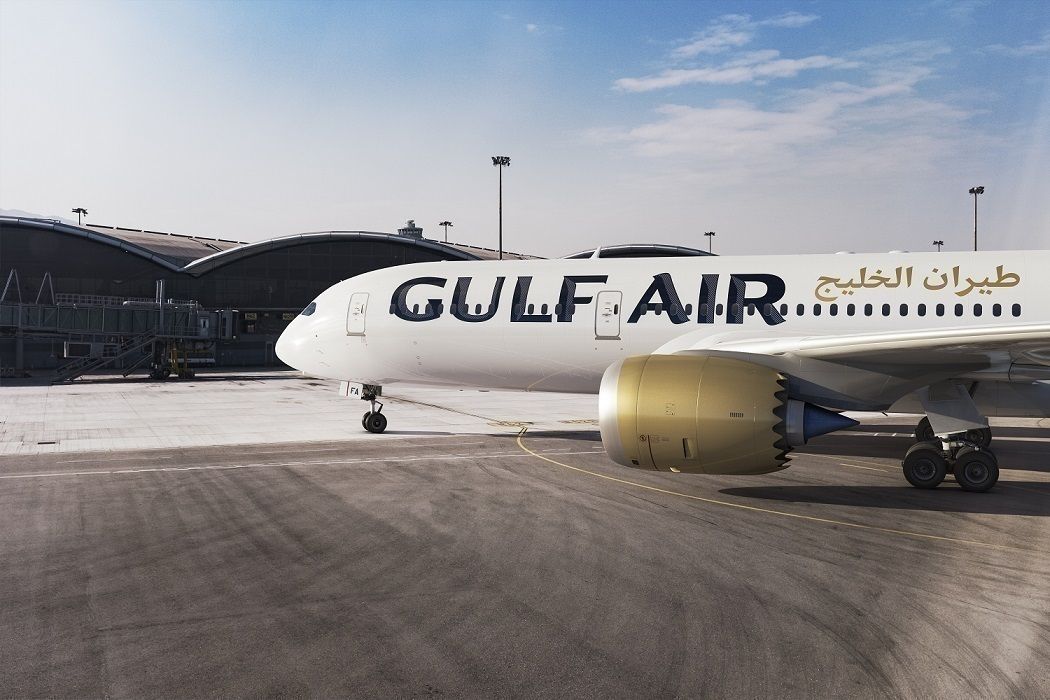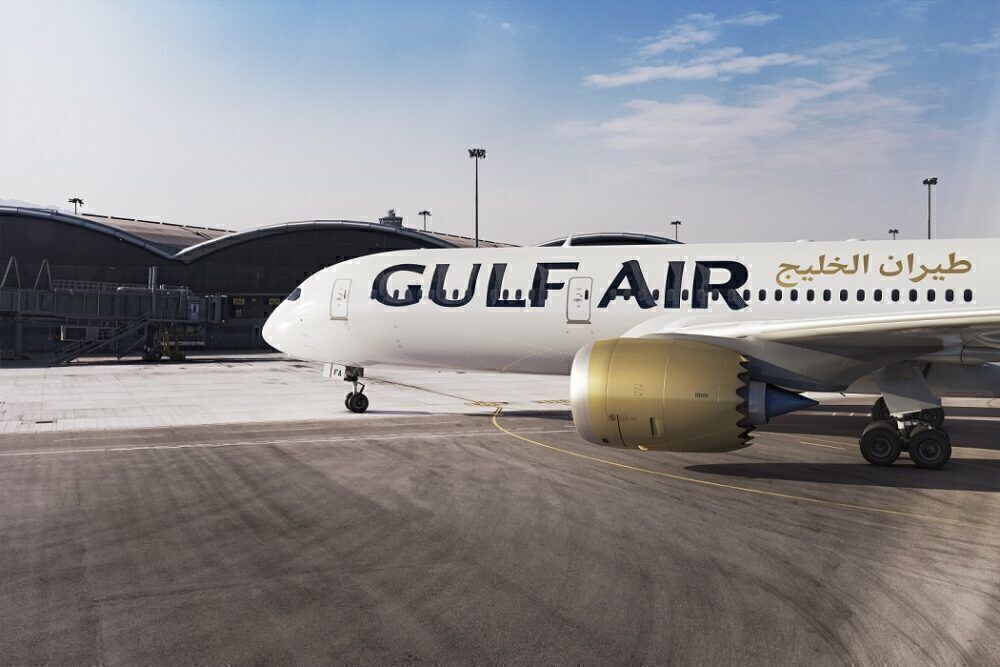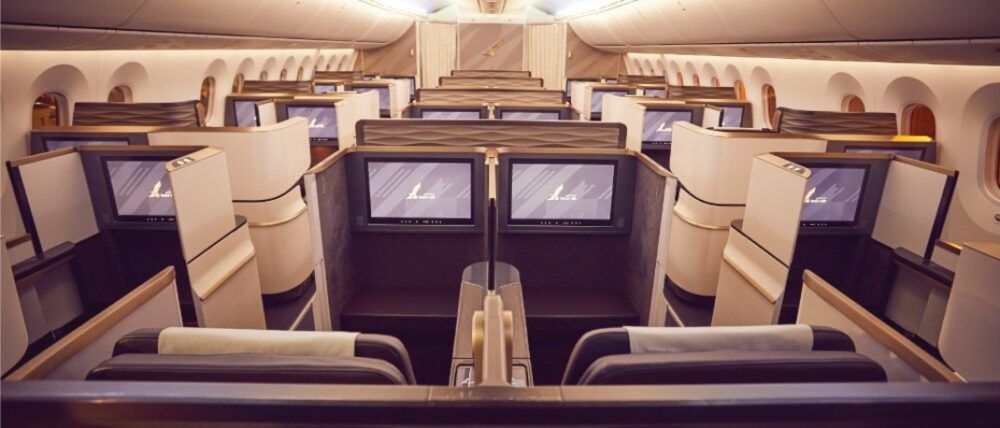Approximately a decade ago, Gulf Air ordered 10 units of a type that came to be known as the Airbus A220-100. At the time, the plane was known as the Bombardier CSeries, and it has gone on to become a praised aircraft by those that operate it. However, at the end of last year, the order had been removed from Airbus’ backlog. Today, the airline’s CEO, Waleed Al Alawi, shared that the Bahrain-based carrier’s current arsenal is perfect for its model.
Stay informed: Sign up for our daily and weekly aviation news digests.
Faith in the fleet
When speaking in an interview hosted by CAPA Live, Al Alawi shared that his airline is comfortable with the type of aircraft it has in its fleet. These planes provide the right balance for the airline’s boutique approach.
“We are very comfortable with the schedule and the orders we have at the moment, and the deliveries of the Airbus aircraft will continue till 2025. We are very comfortable with what we have, however in the aviation world, you never say yes or no, because things change all the time,” Al Alawi told CAPA.
“But for the moment, we are very confident that the choices we made keep us in the markets we need to be in."
Boutique airline
Presently, Gulf Air has a fleet of Boeing 787, Airbus A320 family aircraft. Al Alawi emphasizes that the A320neo, A321LR narrowbodies complement the 787 Dreamliner and help the carrier to be flexible to provide a boutique experience on long and short-haul operations. Just like most airlines in the industry, the global health crisis has rocked passenger activity, with Gulf Air’s operations currently in the shadow of 2019 levels.
However, the boutique approach has managed to offer some balance for the carrier despite the challenging conditions. The company’s business class isn’t huge compared with its counterparts. Therefore, the response remains strong.
“Boutique airline is what we called ourselves in 2019. We reckon that we are at the right size to provide our passengers with a unique service. What distinguishes us from the bigger airlines, either worldwide or within around us, is the size. So, we are able to cater for individual needs. We try to have a relationship with the frequent flyer passengers who fly with us, because of the size, we're able to do that,” Al Alawi added.
“The aircraft that we have, the service we have, the Falcon Gold that we have, all of this contributes to boutique service. Boutique is small, agile and personal, but gives the customers a taste of the Arab hospitality. So that's what we mean by the boutique. In fact, our Bahrain Airport International just opened a new terminal and it is a boutique terminal, which complements our boutique system that we have created.”
Catering to the market
Altogether, despite sounding like such a niche product, the carrier’s approach allows it to serve a range of market segments. Notably, Bahrain is the national carrier for the Kingdom of Bahrain. Therefore, it plays a vital role in the national economy and contributes to the transportation of passengers in and out of the country to “a range of 60/70%.” The airline holds a hub and spoke model centered around Bahrain International Airport and it prides itself on the high frequency in both the more local region and the wider international market.
Al Alawi shares that passengers such as millennials who travel around the world enjoy the premium leisure offering from Gulf Air. However, across the spectrum, another sizeable market involves religious travelers. With Saudi Arabia just next door, the operator connects pilgrims to religious sites such as Mecca.
Passengers continue to appreciate Gulf Air’s flatbeds in the airline’s Falcon Gold class. Other features include noise-canceling headsets and unlimited entertainment on a 22-inch screen. The Falcon Gold lounges are also highlighted to offer a spacious seating area with panoramic views and high-quality food & beverage.
Overall, despite being a model that sounds perfect for the size and model of Gulf Air, the A220 doesn’t have an immediate future in the airline’s holdings. Currently, the carrier is satisfied with its fleet setup.
What are your thoughts about Gulf Air’s boutique model? Have you flown with the carrier over the years? Let us know what you think of the airline and its approach in the comment section.




